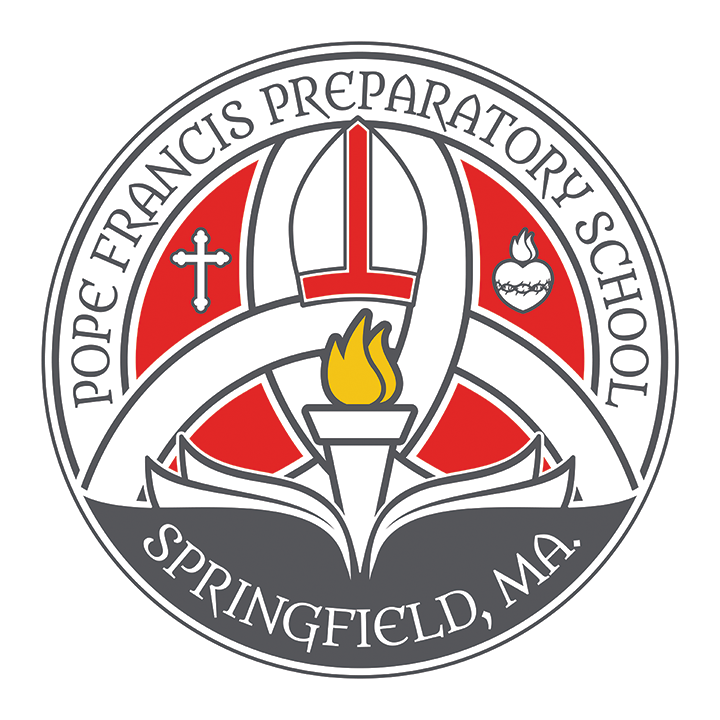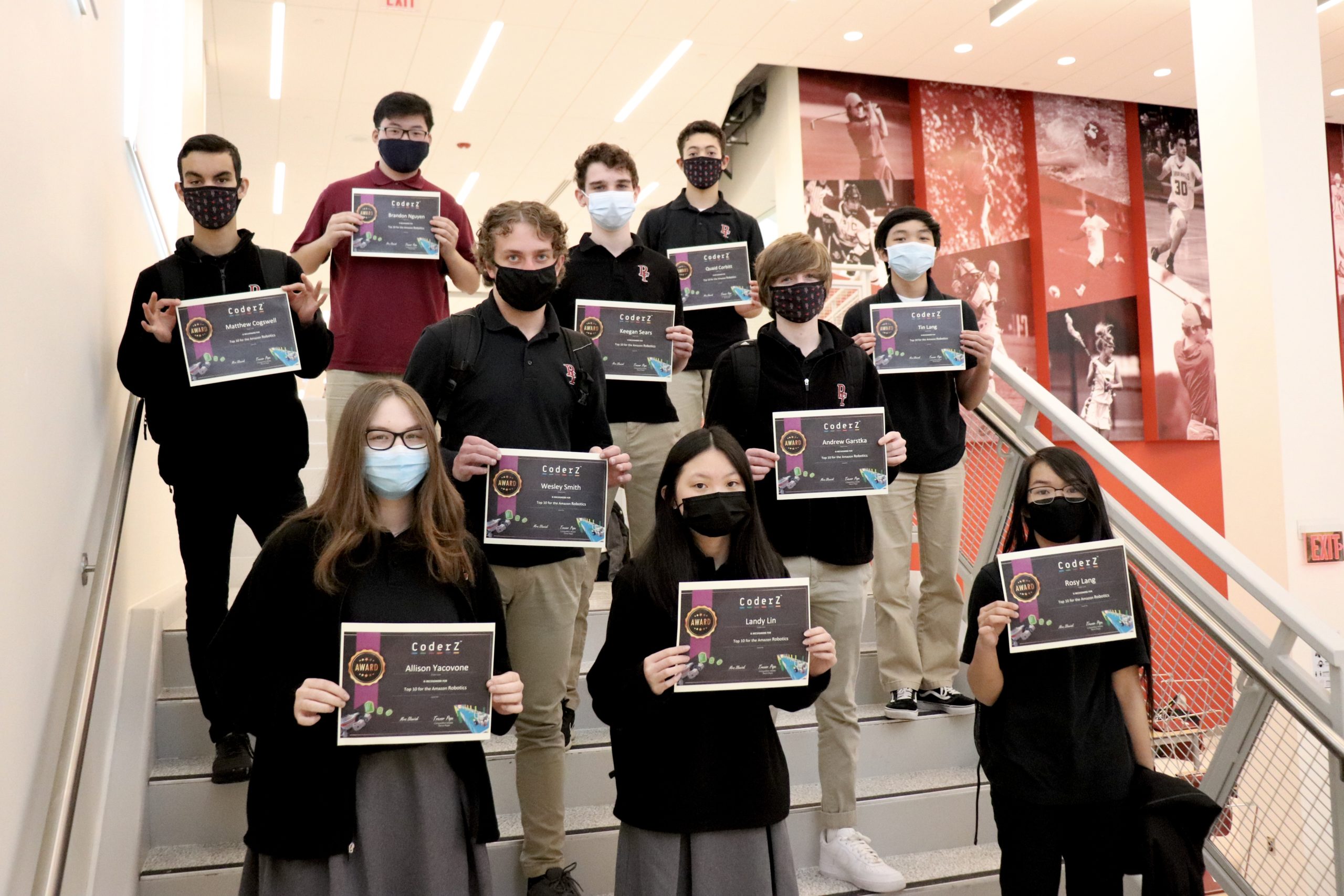April 1, 2021
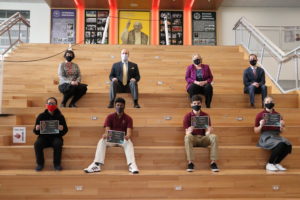
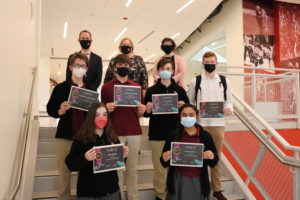
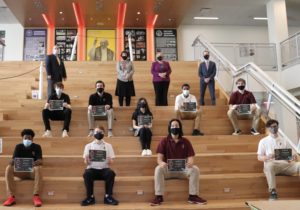
Pope Francis Prep is committed to bring computational thinking to all students. Recently, the school sponsored a two period long computational thinking session during their grade level retreats. Students in all grade levels were able to practice their skills using the CODERZ Amazon Robotics Challenge. The top 10 students on the leaderboard received certificates denoting their accomplishments!
Computational thinking is not just for technology and computer science classes. It is an important mindset used to solve complex problems, allowing students to break down a complex problem into more manageable parts. There are four techniques that students can employ when solving complex problems, namely, decomposition or breaking down a problem into the most manageable parts; abstraction invites students to determine important information while ignoring irrelevant information; pattern recognition helps students to make connections between similar problems and experience; using algorithms students can begin to write down simple steps to solve problems.
Assistant Head of School, Mrs. Geiger, shared a few example of how these techniques become important in all classes:
-
In math and science, students can make sense of problems and use perseverance to solve problems. They can create arguments and critique others’ thinking when working collaboratively. They can model or simulate to test their hypothesis or synthesize data to report on their results during their investigations.
-
In English, history, and religion, students can conceptualize a problem, abstract the details, and create an artifact using an application to document their results of their case or literature review. Further, students can learn how to use multimedia applications to create a book trailer or produce a podcast to share their analyses.
-
In music, simple programming software applications like Scratch 3.0 can help students study pitch, since learning pitch is an abstraction process in order to judge sound. Studying pitch can help students develop their own melody, allow them to express their own emotions by using their voice, and help them to distinguish music from noise.
When students completed their robotics challenge, they continued on to other computational thinking experiences. Some advanced seniors were able to study artificial intelligence using art and then reflect on their experience. Many students reported that they really enjoyed learning formal computational thinking processes and they can see the benefits to employ them as they embark on solving more complex problems.
To continue this commitment, Pope Francis Prep is sponsoring 4 weeks of a STEAM/Makerspace Summer Experience on-campus, taught by veteran teachers, for students ages 11-14. Additionally, PFPS is enrolling all incoming Freshmen into a digital literacy class where they will study digital citizenship, construct their knowledge using an array of digital literacy applications, and practice their computational thinking skills.
Head of School, Dr. Harrington, stated, “Through everything we do at Pope, we are preparing our students for college, the workforce, and for life as faith-based leaders. Equipping them with the tools and skills they will need to solve complex problems will be necessary at all stages of their lives. That exciting work starts here at Pope.”
